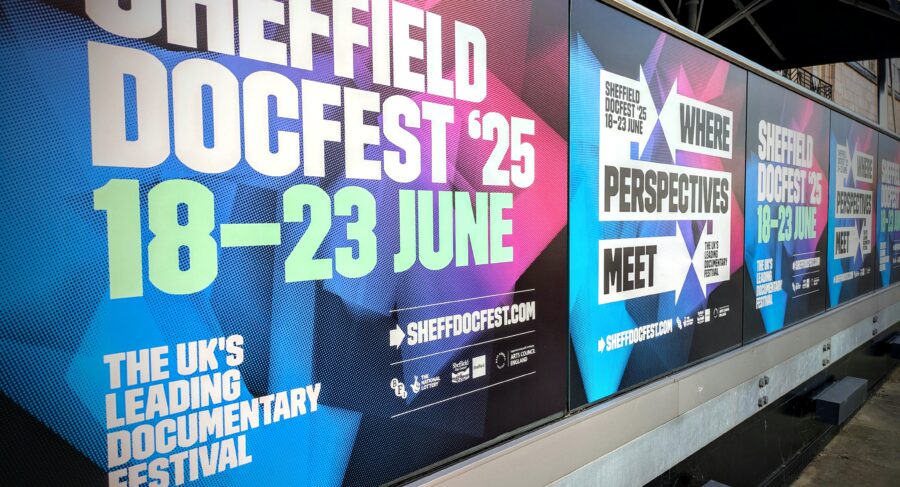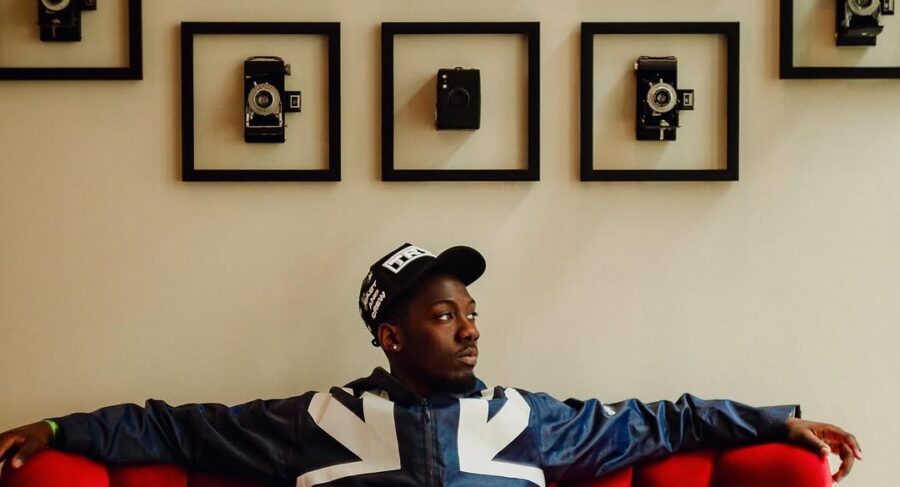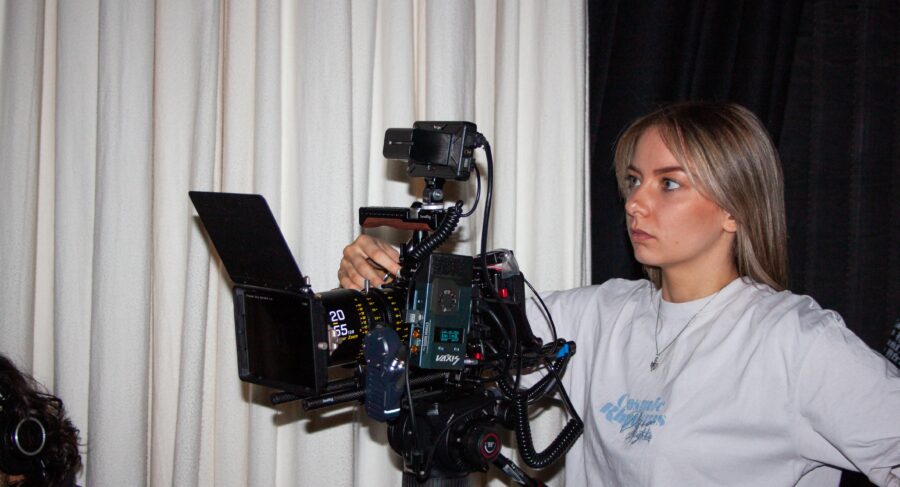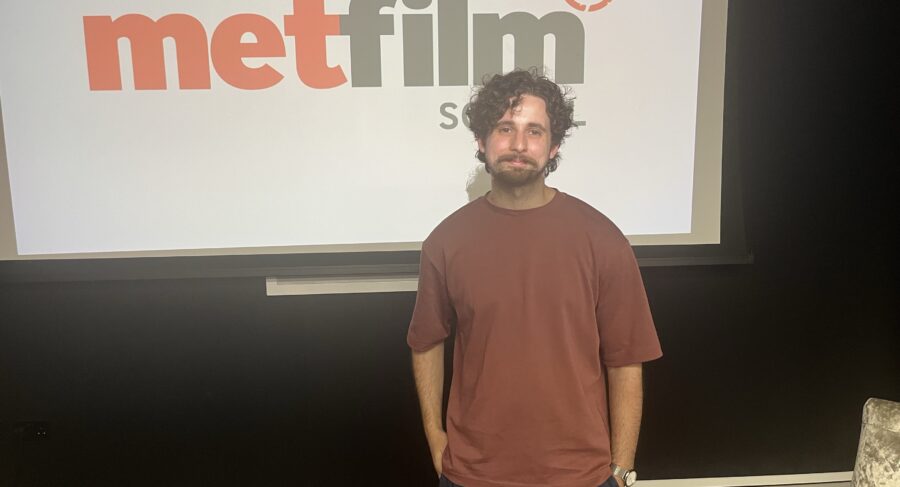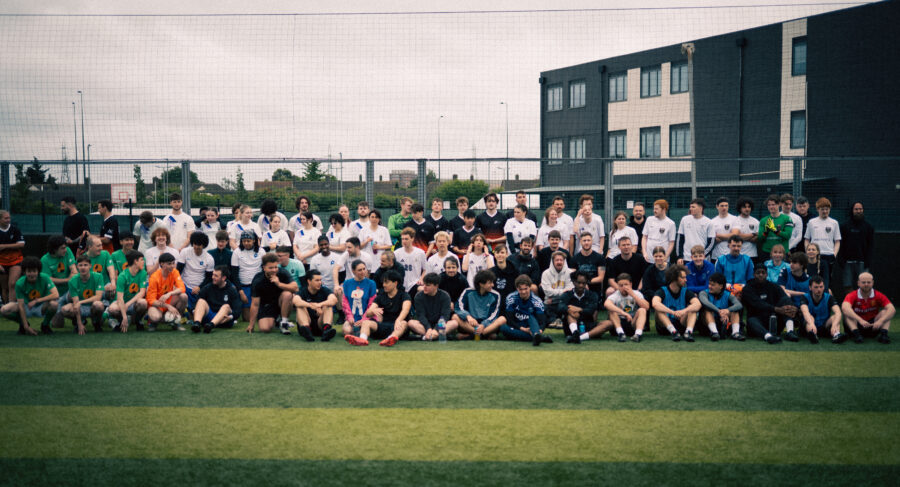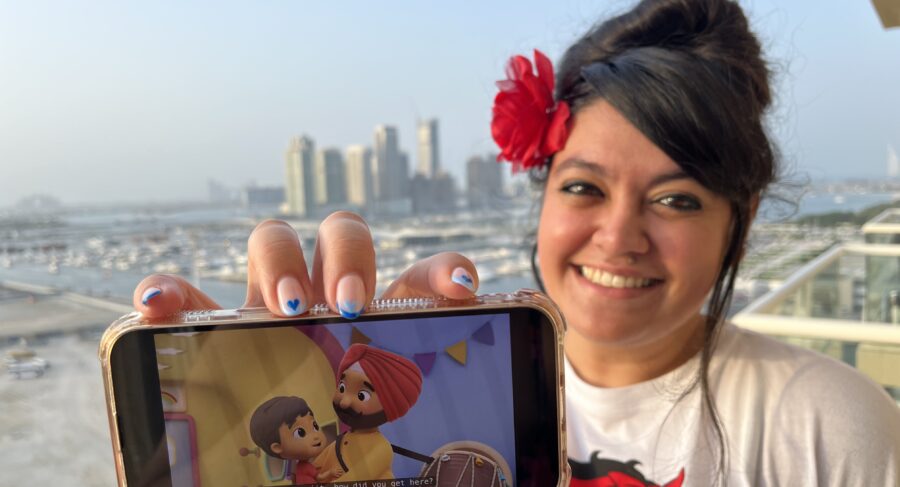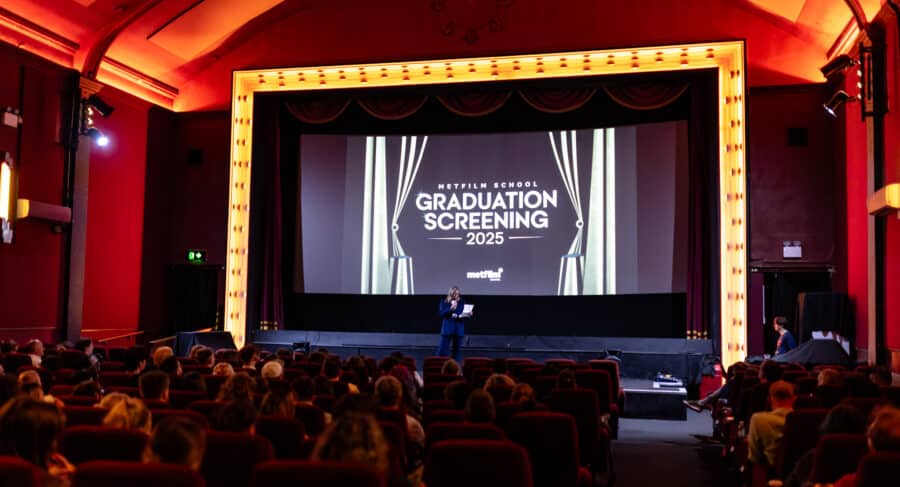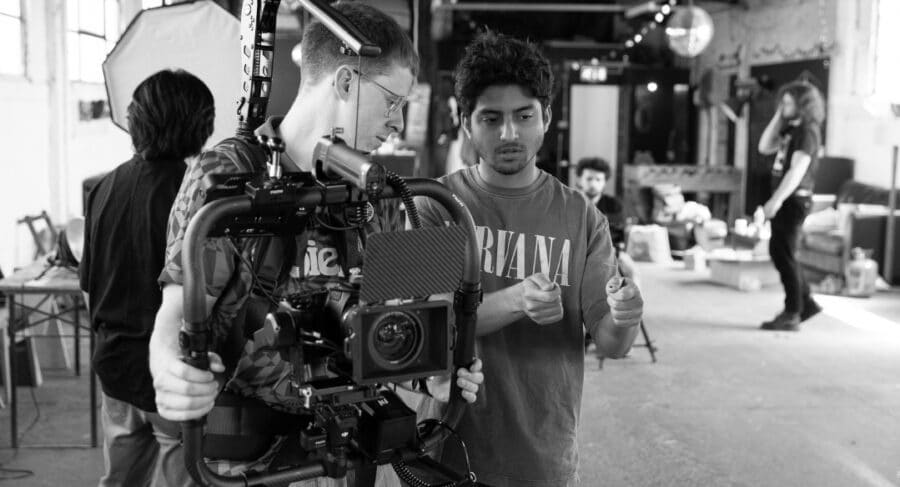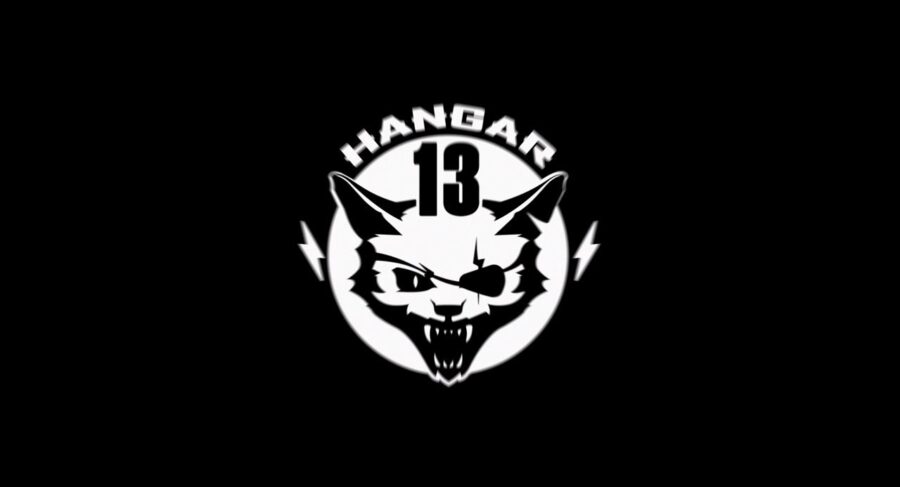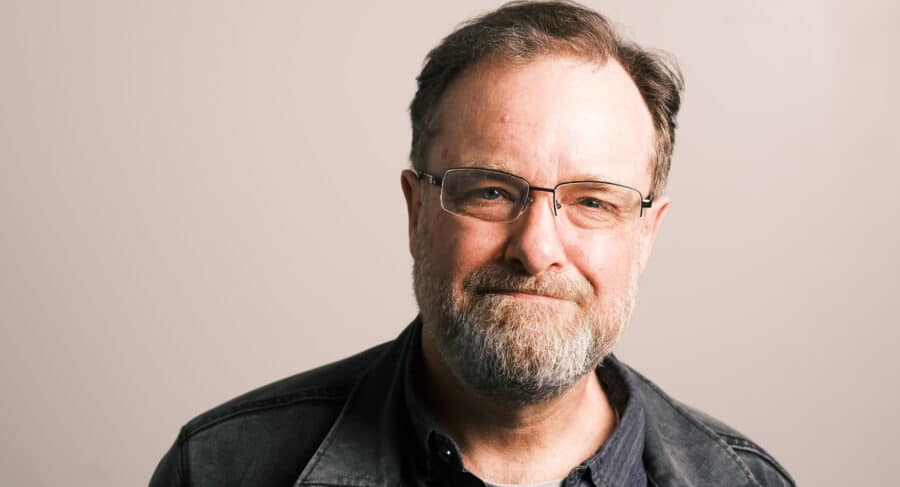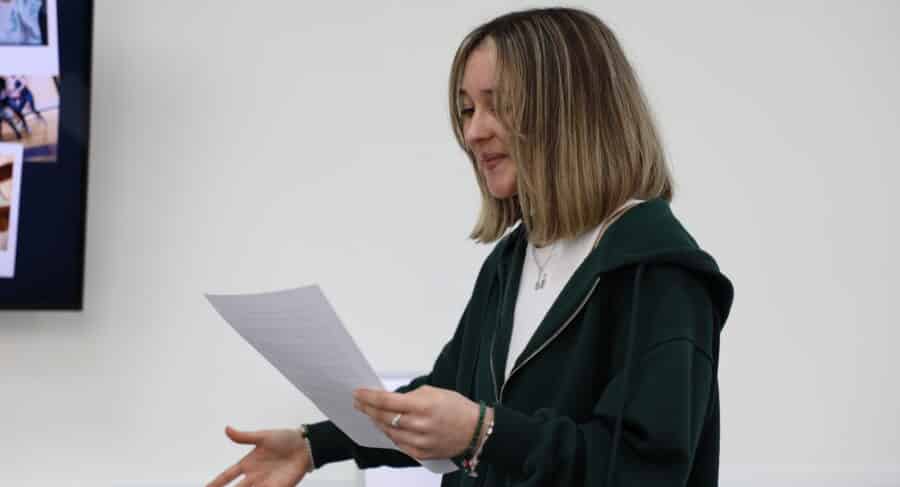The ethics of storytelling in games
By MetStudios
12 June 2025
As games continue to grow in influence, so does the responsibility of the people creating them. Games aren’t just about fun anymore. They’re a way to explore identity, culture, power and history. And that means we have to ask ourselves an important question: how do we tell stories in a way that’s fair and thoughtful?
In a masterclass at MetStudios, artist and game designer K. Yoland tackled this head-on. With a background that spans everything from experimental film and performance to interactive storytelling and game development, she spoke about what it really means to create ethically in a medium like games.
Why avoiding stereotypes matters
Too often, game worlds rely on tired character types. The noble outsider. The evil empire. The wise old mystic. These might make a world easy to understand quickly, but they also flatten the complexity of real people and cultures. They don’t leave much room for surprise or nuance.
As Yoland put it, “It’s easy to fall into tropes or stereotypes… we must consult local voices or do thorough research to avoid softening these complex cultures or complex realities.”
It’s not just about ticking boxes or throwing in a few diverse characters. It’s about asking harder questions. Where do these characters come from? What’s shaped them? Whose voice is telling the story?
Read more insights from K. Yolands Masterclass
Do the research and really listen
Research came up again and again in Yoland’s talk. For her, especially when working with politically sensitive topics, deep research and listening are non-negotiable.
She gave the example of Operation Tumbleweed, her performance piece along the U.S.-Mexico border. Before ever filming, she spent years living in the region and getting to know the communities affected by the themes she wanted to explore.
“I engaged with local communities along the border to try to keep that portrayal honest, and I also lived there for several years before I even made the project.”
For game makers, the lesson is simple. If you’re drawing from a culture or history that isn’t yours, talk to people who know it first-hand. Better yet, involve them in the creative process. That collaboration can make your game stronger and help avoid missteps.
Who’s telling the story?
One of the biggest ethical questions in storytelling is about who’s holding the pen. When you’re designing worlds that reflect lives and experiences outside your own, that gap between lived and perceived realities becomes a risk.
“The question is, who’s part of that team? We want a really diverse group of people. We don’t want one demographic or one ideology building these places. Inclusivity is really important and vital,” Yoland said.
Involving a wider mix of voices, through hiring, collaboration, or consulting, opens the door to better storytelling. It helps break down assumptions and brings more depth and credibility to your world.
Fiction doesn’t mean anything goes
Even in fantasy or sci-fi settings, games often mirror real-world systems and values. Yoland’s work plays with that idea a lot. Her performance piece Military Cut, for example, used something as simple as a soldier’s haircut to explore class and authority. Her video work Letters Without an Address pulled from real archives to highlight forgotten or erased histories.
So while games give us the freedom to imagine new worlds, that freedom still comes with a level of responsibility. The stories we create might be fictional, but they still carry meaning.
“A strong narrative can even transform a purely aesthetic or informational setting into a deeply emotional experience,” she said.
Telling stories with care isn’t just the right thing to do, it also makes games better. Players can tell when something’s been thought through. Ethical storytelling helps build trust, spark curiosity, and create moments that stay with people.
So if you’re working on a game, stop and ask: who is this story for? Who gets to be heard? And are you doing enough to make it honest?
Ethical storytelling isn’t about getting it perfect. It’s about staying curious, being open, and doing the work to make something that truly matters.

